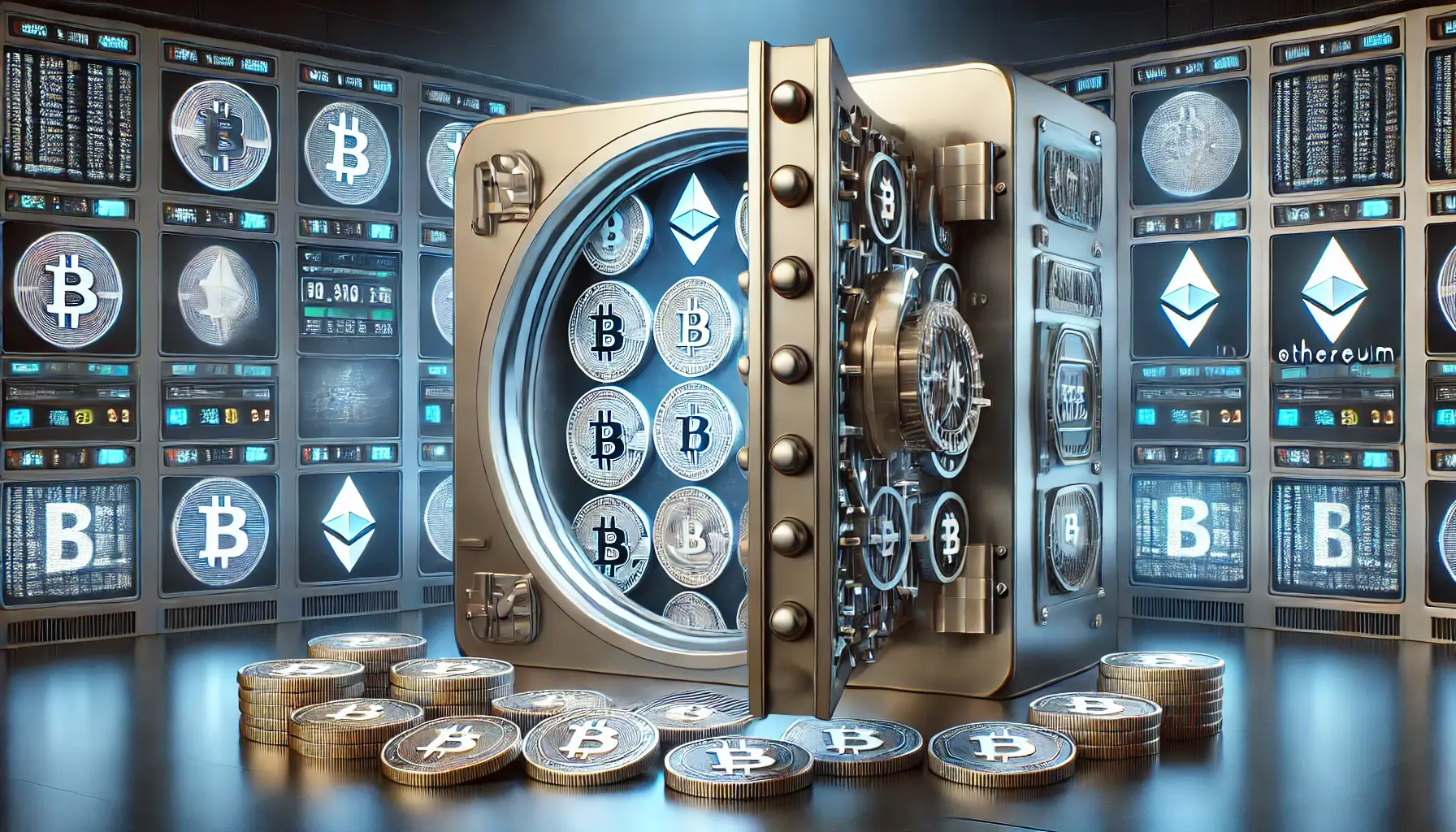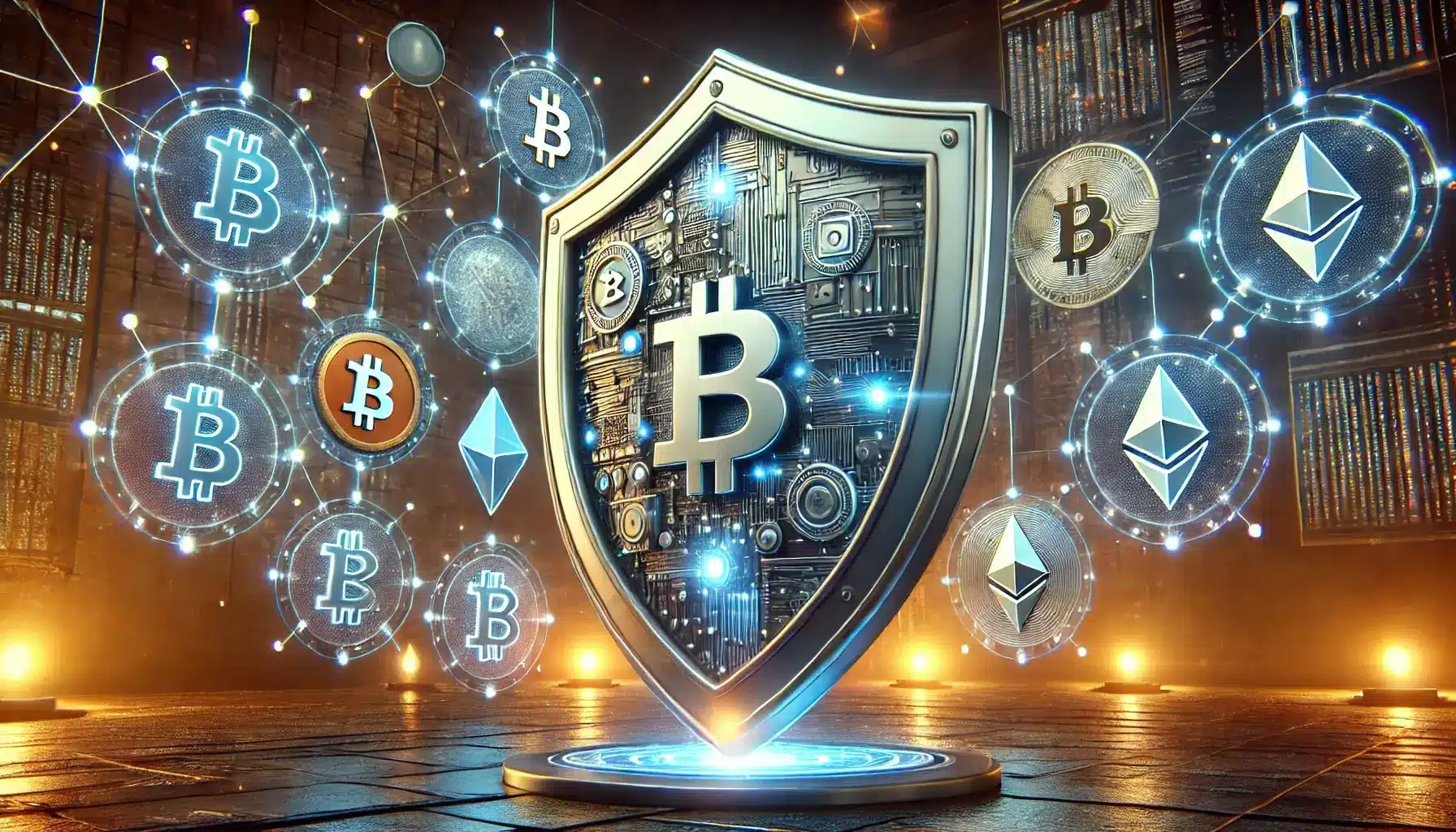Understanding DeFi Risks and Security: Safeguarding Investments
Decentralized Finance (DeFi) is transforming the financial landscape by providing decentralized alternatives to traditional financial services. While DeFi offers numerous opportunities for earning and investing, it also comes with its share of risks. Understanding these risks and knowing how to secure your investments is crucial. Let’s explore the world of DeFi risks and security.
What is DeFi?
DeFi stands for Decentralized Finance. It encompasses a broad range of financial services, including lending, borrowing, trading, and earning interest, all built on blockchain technology. Unlike traditional finance, DeFi operates without intermediaries, offering users more control over their assets.
Common DeFi Risks
- Smart Contract Vulnerabilities: Smart contracts automate transactions on the blockchain. However, bugs or vulnerabilities in the code can be exploited, leading to loss of funds.
- Market Volatility: Cryptocurrency markets are highly volatile. Sudden price swings can impact the value of your DeFi investments.
- Impermanent Loss: Providing liquidity to DeFi pools can result in impermanent loss, where the value of your deposited assets fluctuates compared to holding them outside the pool.
- Regulatory Uncertainty: DeFi operates in a largely unregulated space. Regulatory changes or crackdowns can affect the operations of DeFi platforms.
- Rug Pulls: In a rug pull, developers of a DeFi project withdraw all funds and disappear, leaving investors with worthless tokens.
Key Security Measures in DeFi
- Code Audits: Reputable DeFi projects undergo third-party audits to check for vulnerabilities in their smart contracts. Always look for projects that have been audited.
- Insurance Protocols: Some DeFi platforms offer insurance against smart contract failures or hacks. Consider investing in platforms that provide such coverage.
- Decentralization: Truly decentralized projects distribute control across many participants, reducing the risk of a single point of failure.
- Multi-Signature Wallets: These wallets require multiple private keys to authorize a transaction, adding an extra layer of security.
- User Education: Stay informed about common scams, best practices for securing private keys, and how to use DeFi platforms safely.
Tips for Protecting Your DeFi Investments
- Do Your Research: Thoroughly research any DeFi project before investing. Look into the team, audits, community feedback, and the technology behind it.
- Use Reputable Platforms: Stick to well-known and established DeFi platforms with a good track record.
- Diversify Your Investments: Don’t put all your eggs in one basket. Spread your investments across different projects to mitigate risks.
- Keep Your Private Keys Secure: Never share your private keys. Use hardware wallets for added security.
- Stay Updated: Follow the latest news and updates in the DeFi space to stay aware of any potential risks or changes in the market.

Popular DeFi Security Tools
- MetaMask: A popular cryptocurrency wallet and gateway to DeFi applications. It offers features like password protection and hardware wallet integration.
- Ledger: A hardware wallet that provides robust security for your private keys.
- DeFi Pulse: Tracks the latest DeFi trends and provides valuable insights into various DeFi projects.
- CertiK: A leading security-focused ranking platform that performs audits and security assessments for DeFi projects.
Conclusion
DeFi offers exciting opportunities for earning and investing, but it’s not without its risks. By understanding these risks and implementing robust security measures, you can better protect your investments. Stay informed, use reputable platforms, and always prioritize security to navigate the DeFi landscape safely.
FAQs
What are the main risks in DeFi?
The main risks include smart contract vulnerabilities, market volatility, impermanent loss, regulatory uncertainty, and rug pulls.
How can I secure my DeFi investments?
You can secure your investments by using reputable platforms, securing your private keys, diversifying your investments, and staying informed about the latest trends and security practices.
What is a rug pull in DeFi?
A rug pull occurs when developers of a DeFi project withdraw all funds and disappear, leaving investors with worthless tokens.
What tools can help me stay safe in DeFi?
Tools like MetaMask, Ledger, DeFi Pulse, and CertiK can help enhance the security of your DeFi investments.
For more tips and insights on navigating the world of crypto investment strategies and cryptocurrencies, be sure to read other informative blogs at Freecoins24.io and follow us on Twitter and Telegram for the latest crypto updates.
















